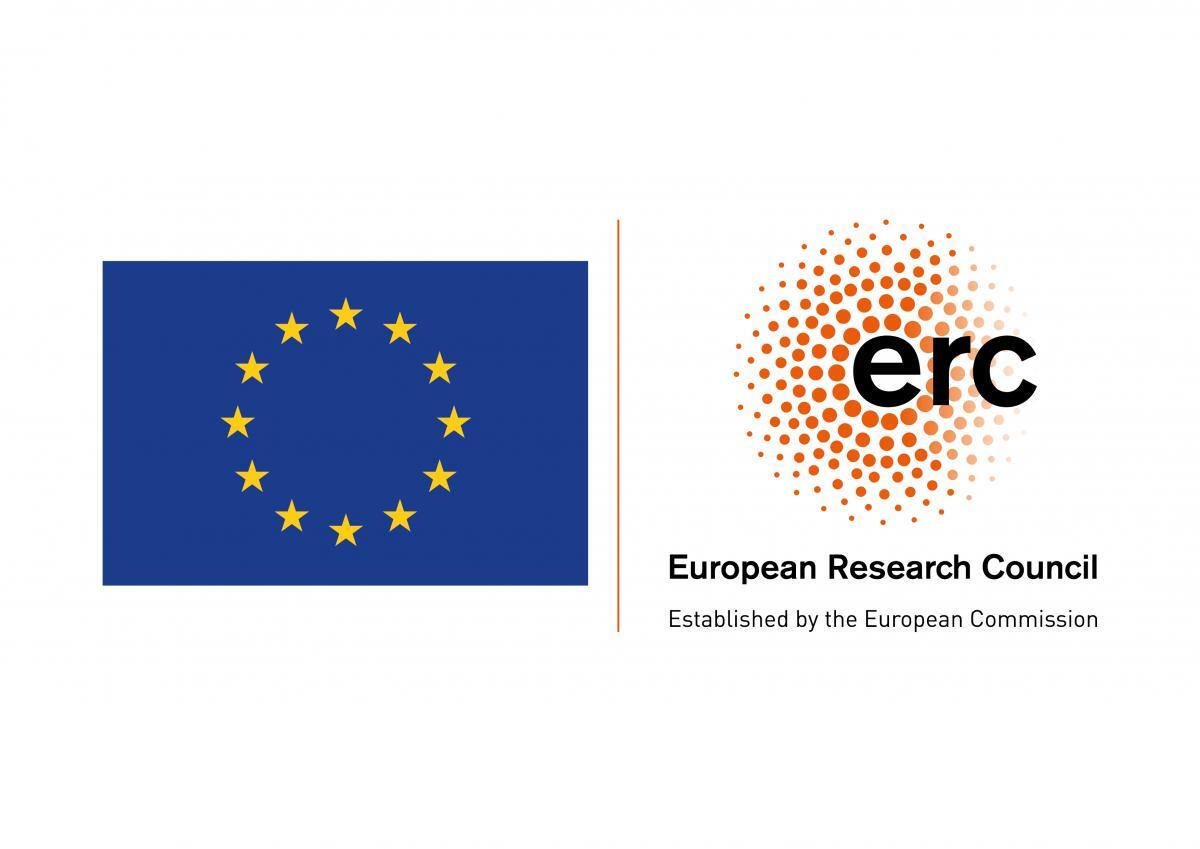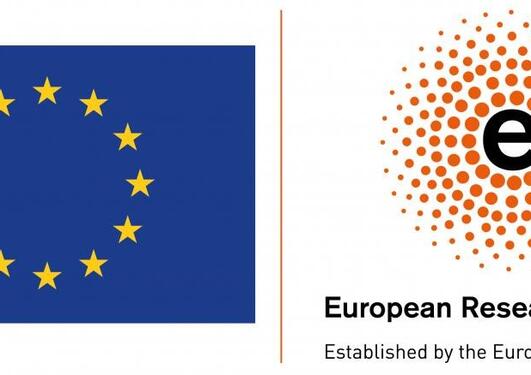ReproEpi : Registry-based reproductive epidemiology
We investigate how pregnancy complications impact the long-term health of mothers, fathers, and children, focusing on cardiovascular diseases, diabetes and reproductive cancers. Unlike most other studies, our research considers an individual’s entire reproductive history, leveraging high-quality, family-structured data from Norwegian Health Registries.

Main content
About the research
For decades, research has focused on the effects of adverse pregnancy complications—such as preeclampsia, gestational diabetes, and preterm birth—on infant health, highlighting their role in increased morbidity and mortality. More recently, attention has shifted to their long-term impact on maternal health, with studies showing that mothers experiencing these complications face higher risks of chronic diseases, greater morbidity, and reduced life expectancy. Furthermore, parity—the number of children a person has—has been shown to influence long-term health and survival for both mothers and fathers, with lower parity linked to higher mortality. By examining these factors, our research aims to uncover insights into how adverse pregnancy outcomes and parity shape long-term health, offering opportunities for targeted prevention and improved monitoring of chronic diseases.
The Medical Birth Registry of Norway
The Medical Birth Registry of Norway (MBRN), established in 1967 in response to the thalidomide catastrophe, has systematically collected data on all births in Norway to monitor birth defects and perinatal health trends, ensuring early detection of any concerning increases. Over time, its scope has expanded to include longitudinal and family-based research.
Using data from the MBRN has led to unique insights into topics such as selective fertility, the immunological hypothesis linking partner changes to preeclampsia in second pregnancies, and the use of complete reproductive histories to understand long-term maternal health. As individuals born into the registry now contribute data from their own pregnancies, the registry has facilitated studies on the generational transmission of pregnancy complications and congenital malformations, as well as the impact of in-utero environments on long-term health outcomes.
Projects
- The HealthierWomen project is funded by the European Research Council Advanced Grant and led by principal investigator Professor Rolv Skjærven. The aim of the project is to investigate how pregnancy complications affect women's long-term health. For more information: A woman's reproductive experience: Long-term implications for chronic disease and death
Associated members
- Linn Marie Sørbye (Associated Professor, Western Norway University of Applied Sciences)
- Thomas Nymo Skogvold Medical research track student (Forskerlinjestudent)
- Prativa Basnet defended PhD Spring 2024
- Yanni Sima defended PhD Spring 2024
- Nadia Arshad
- Abdu Seid
Media
- Medfødte misdannelser gir økt risiko for kreft (aftenposten.no)
- Difor er nokre gravide meir utsett for å føde for tidleg (bt.no)
- Toppbevilgning til Rolv Skjærven (uib.no)
- Vi må tørre å snakke om vekten til gravide kvinner (forskning.no)
- Inntak av brus under svangerskapet knyttes til ADHD-symptomer hos 8-åringer (uib.no)




